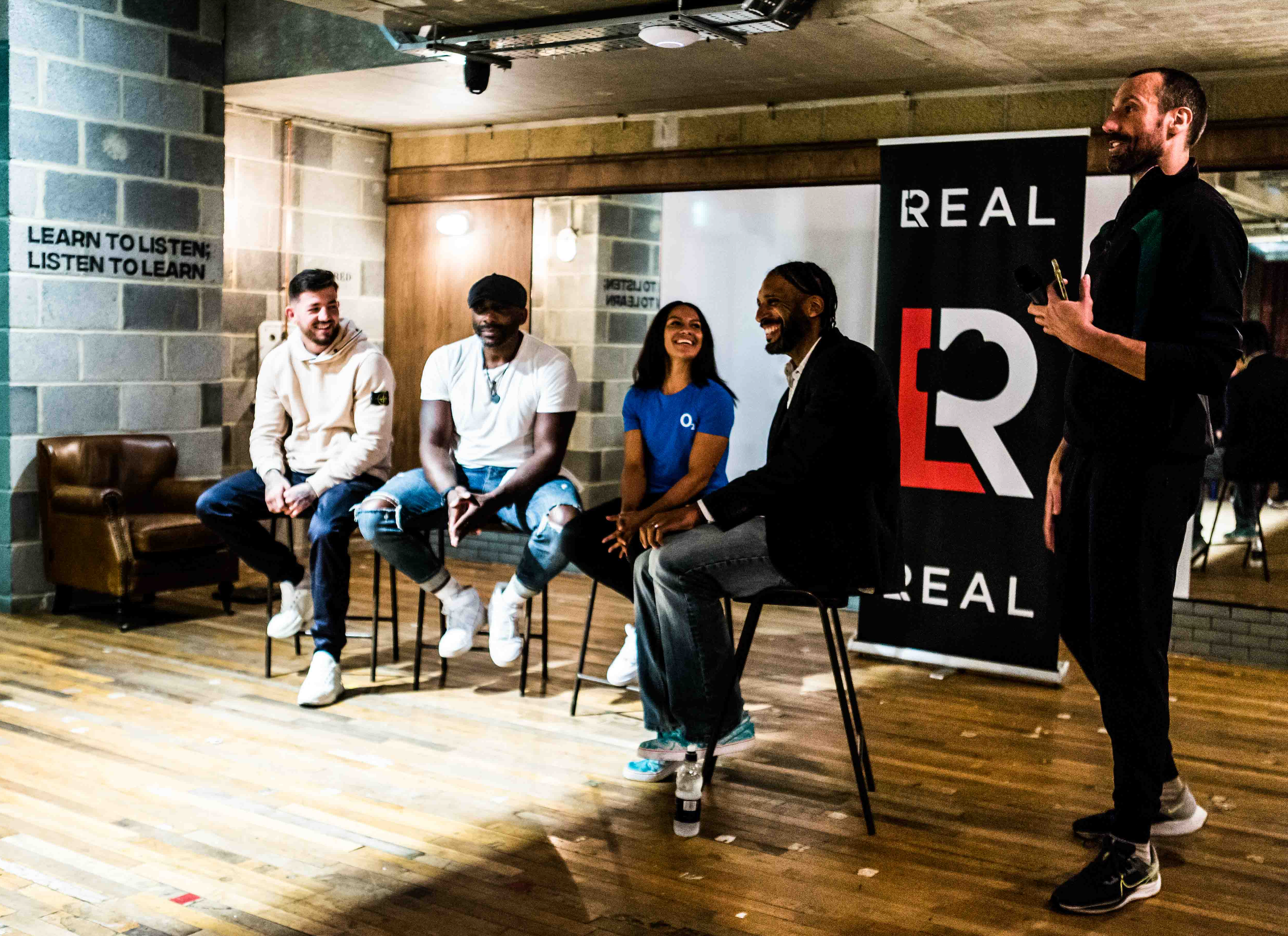
BOXING PSYCHOLOGY
Photo: an audience with Dr. Pete Olusoga
Boxing is tough. The existential notion is that you’re trying to hit your opponent as many times as it takes until they’re unable to continue, or you win by having landed more punches than your opponent. You have to be tough. But what does it mean to be tough?
The most evident reality when one thinks of boxing is that it hurts to be hit in the face. It is inevitable that you’re going to get hit, so you have to be tough to sustain this. However, it is not just how you handle pain and your tolerance for it that helps you to continue. Without a shadow of doubt the most important factor in being tough, is your depth of desire or your grit. When your skill and your will meet resistance, that’s when you find out how bad you really want it. Psychology defines grit as:
“…a positive trait based on an individual's perseverance of effort combined with the passion for a particular long-term goal” (Wikipedia)
Asides grit, boxers and fighters alike need to be unwavering in their self-belief. Part of being tough is never to succumb to intimidation or self-doubt in the face of your competitor, the crowd or the scale of the event, let alone the pressure to win and earn!
Lastly in the equation, your mind must learn to maintain the correct level of arousal to react and strike like lightning when the opportunity arises, while regulating your emotions, so you can respond not react. Put simply you must have the presence of mind to read your opponent, while remaining calm under heavy pressure. So being tough is staying cool and calm, while possessing the aggression and will to end your opponent’s night in the blink of an eye.
It’s a given that mental toughness is pivotal to performance in boxing. But how many of us ever train our brain and improve the psychology behind our performance?
Dr Pete Olusoga is currently a Senior Lecturer of Psychology at Hallam University, Sheffield. He has a particular interest in high-performance environments and elite coaching. Dr. Olusoga contributed recently to Boxing Science with a terrific article on how sport psychology can help improve Boxing performance.
Before delving into that article (below), Boxing Science is the first dedicated centre of excellence to boxing-specific strength and conditioning. The team is lead by Danny Wilson (@wilson_boxingscience) and together they combine over 100yrs of experience. They conduct and publish leading scientific research in strength and conditioning, physiology, nutrition and psychology.

Photo: Danny Wilson, with Lerrone Richards
How Can Sport Psychology Help Boxers? By Dr. Pete Olusoga
So in order to be a boxer, in order to take up the sport, it’s likely that you’ve already got some of the qualities of a typically “mentally tough” athlete. If you’re successful, it’s highly likely that you’ve got a lot of those qualities.
One of the obstacles that I’ve come across as a practitioner (and this goes beyond boxing) is the idea that I’m going to try to make athletes do something radically different, that I’ll mess with their heads, or that they’re already tough enough, so what the hell can a psychologist do to help.
Well a psychologist can work with athletes to enhance the skills/qualities that they already have, to guide and empower the athlete to make changes where they feel appropriate and, perhaps, to equip them with the skills and techniques to be able to do so.
Mental toughness encompasses a number of different qualities and attributes. I’ve just picked out a few ways that sport psych might be able to help boxers develop their mental toughness….
1. Coping with Demands
The best athletes in the world experience nerves before competition. Nerves can take different forms, like the physical sensations of “butterflies” in the stomach or the nagging thoughts and doubts that can crop up at any time; minutes, hours, weeks before a fight.
It’s how athletes handle and interpret those nerves that can make the difference between being good and being great. For example, you could think of having butterflies as being a sign that you’re really nervous, or you could think of them as a sign that your body is ready for competition.
Being able to recognise these nerves (both when they’re useful and when they’re not) and know what to do with them, help make the mentally tough boxer.
Key Techniques
Short Term: Relaxation, centering, countering negative thinking
Long Term Development: Applied relaxation, developing a “quiet mind”
2. Concentration/Focus
Nobody “loses” concentration. It doesn’t go anywhere. It’s just that we sometimes concentrate on the wrong things at the wrong times. Studies show that when athletes are physically tired (for example, in between rounds), they are more likely to concentrate on getting their breath back and so might miss out on important instructions being given by a coach.
Professor Andy Lane suggests that boxers also need to develop a fairly unique mind-set whereby they can produce maximal effort, yet also remain able to think calmly and tactically. Developing concentration skills and the ability to “switch” focus from the here and now (needed during rounds) to what’s coming next (needed in-between rounds) is therefore an important mental skill for boxers².
Key Techniques
Short Term: Concentration styles, imagery/mental rehearsal, centering
Long Term Development: Concentration training, concentration under fatigue
3. Discipline
What makes one athlete get up and go for their run, while another stays in bed for an extra half an hour? What makes one athlete stick to their diet, while another has just that one day off?
What makes one athlete push themselves for that extra minute on the treadmill, while another steps off?
Discipline is obviously important both inside and outside of the ring, and the mentally tough athlete is the one who can motivate themselves to do what it takes to gain that vital edge over their opponent.
Key Techniques
Short Term: Performance profiling, goal setting
Long Term Development: Mindfulness
Coach Involvement
For most of the psychological skills and techniques discussed above, the coach/trainer can play a vital role.
Coaches should be involved from the outset. Communication between the coach and the athlete can be enhanced if the coach is involved in the profiling and goal setting process, and the coach should also play an important part in reinforcing the use of relaxation, imagery and concentration skills in the sparring/training environment.
Sport Psychology Edge
Athletes are constantly looking for the even the smallest edge over their opponents. When two athletes are matched in terms of skills and physical attributes, it’s the athlete who is more confident, who can use pressure to their advantage, who has been disciplined in their training, and can concentrate on the right things at the right times – the athlete who has the mental edge – that will, more often than not, come out on top.
Boxing is as much mental as it is physical.
Inspired by boxers, REAL exists to empower your full potential, body and mind.
We believe the combination of mental and physical strength is where your performance potential lies. Unify body and mind to realise the Power of One.

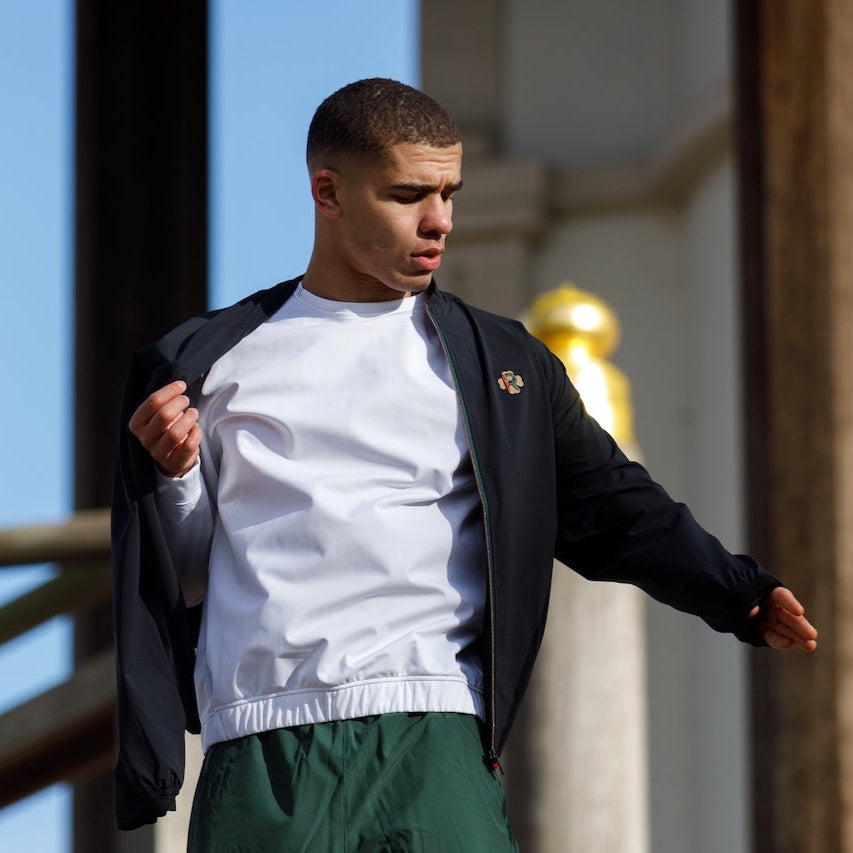
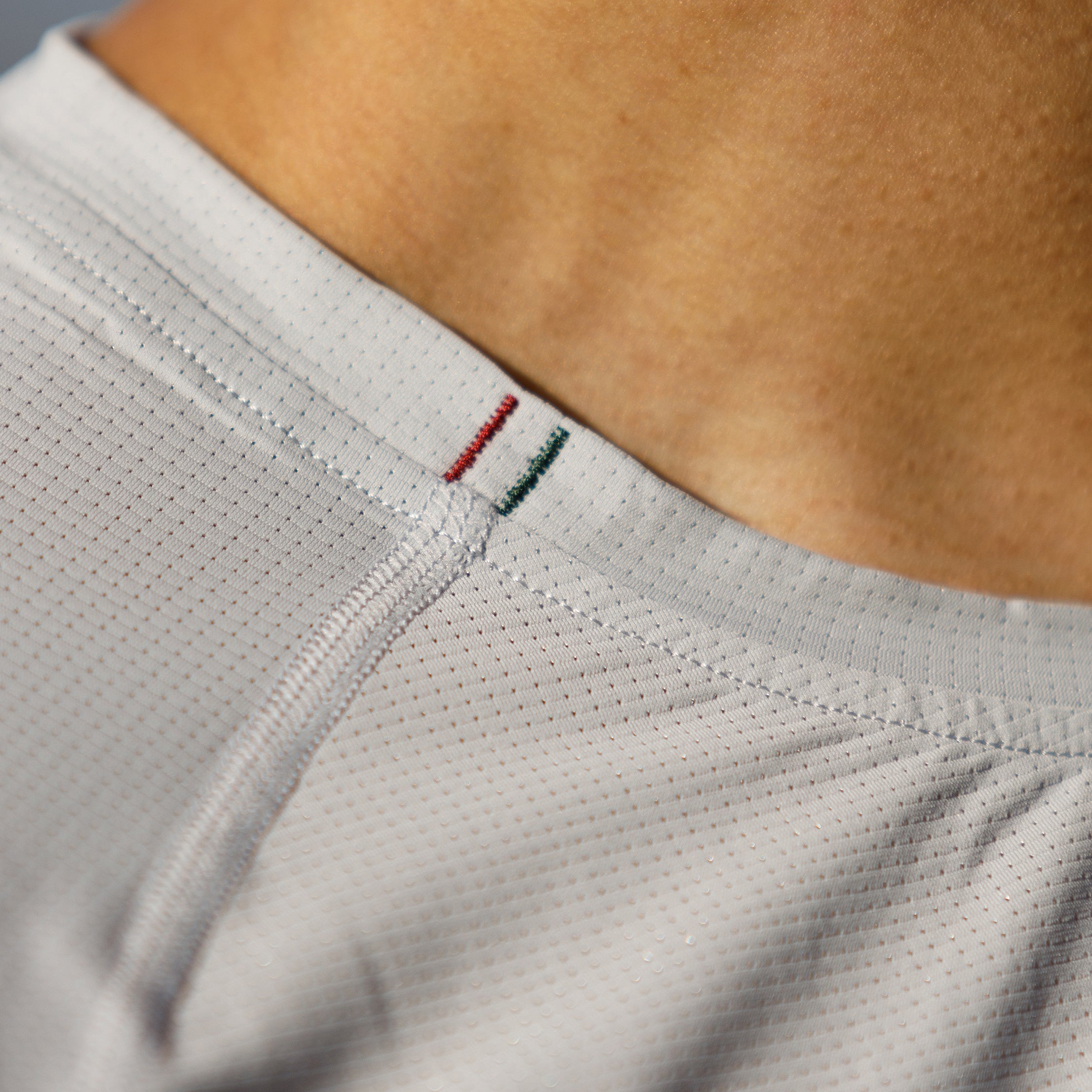
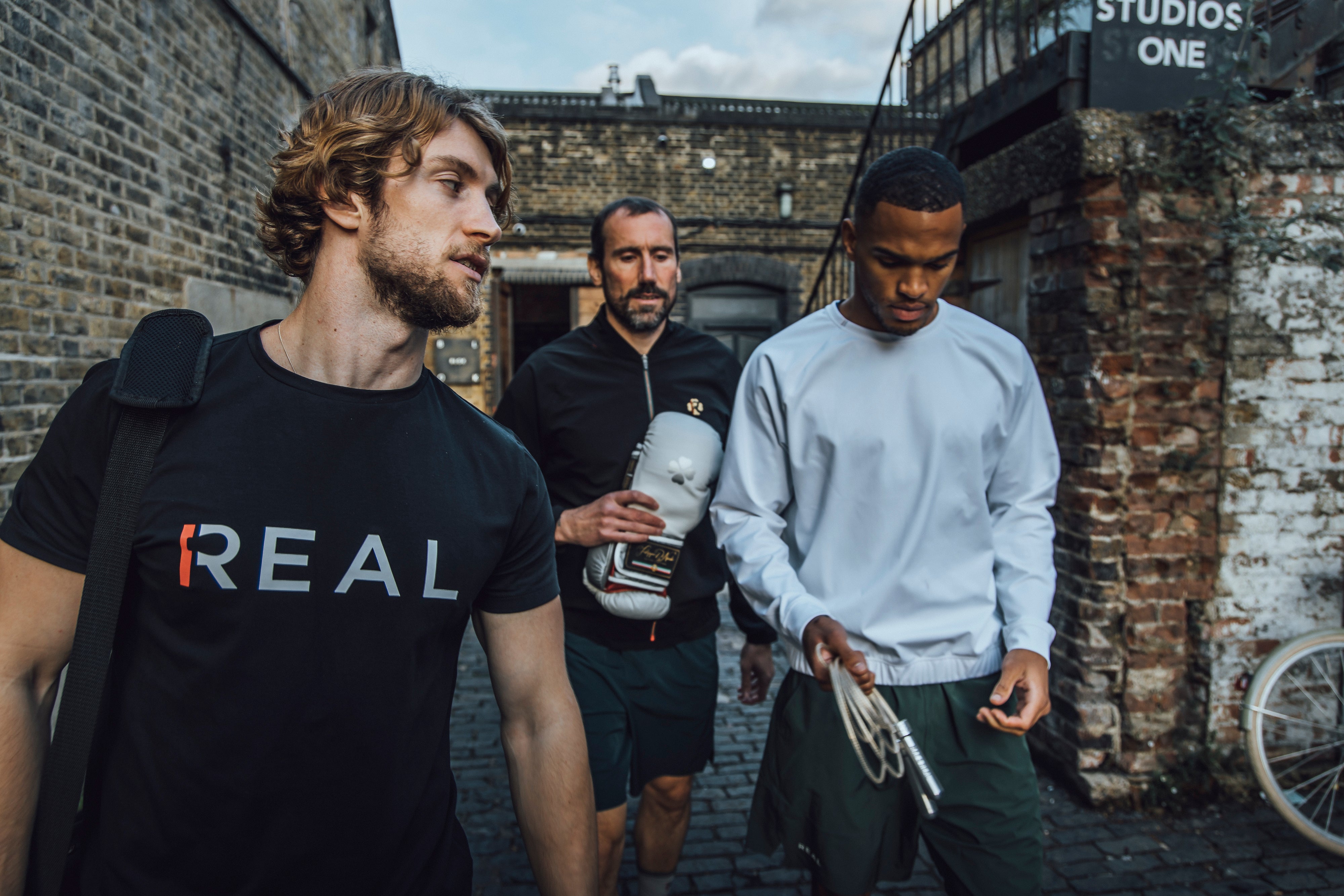


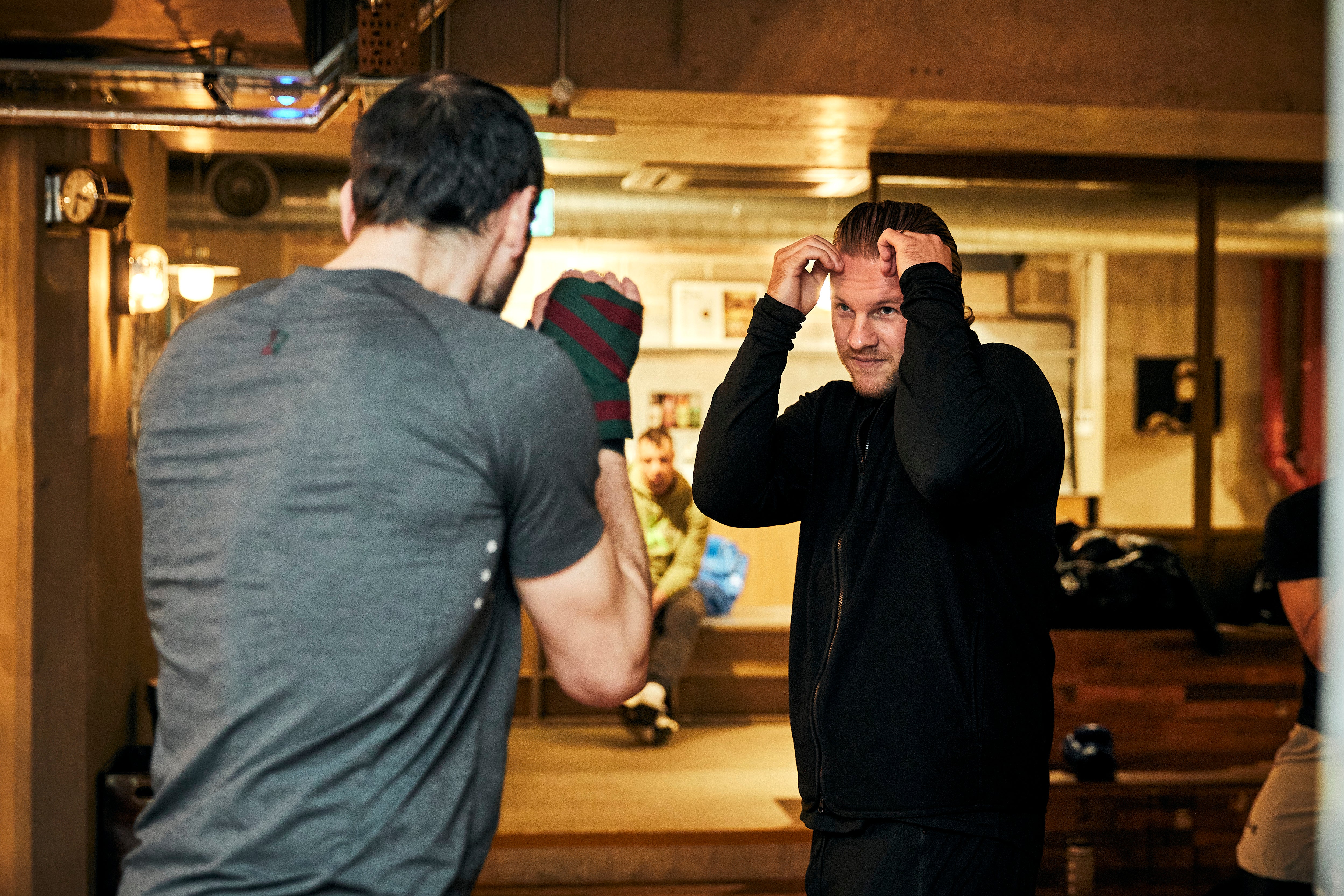


Leave a comment
This site is protected by hCaptcha and the hCaptcha Privacy Policy and Terms of Service apply.